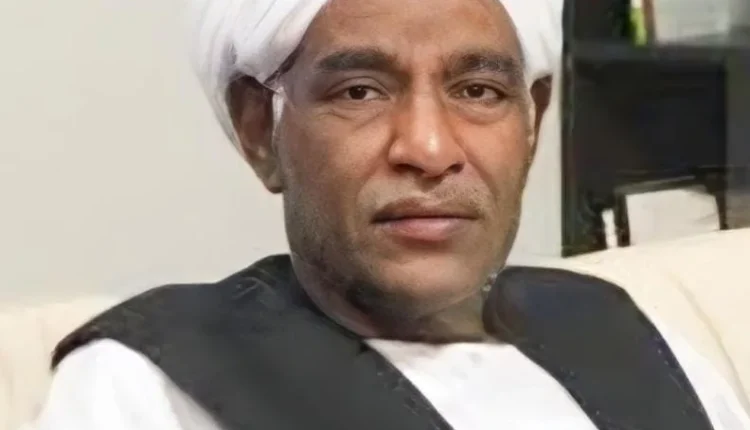The “Door of No Return”

By Mahjoub Fadl Badri
I visited Gorée Island, located three nautical kilometres off the coast of Dakar, Senegal, where I stood before the infamous “Door of No Return” — a powerful symbol of the transatlantic slave trade. The door opens directly onto the Atlantic Ocean from a high rock where ships once docked. Stepping through it meant stepping into the belly of a vessel bound for the horrific world of slavery in “America, leader of the free world!!”
There, I was overwhelmed by a complex mix of grief, anger, compassion, and the painful realisation of unlearned lessons. So many descendants of the victims still trust in the humanity of the white man, who once crushed them without remorse, and who has never apologised — instead, continuing his old practices in modern garb, making us praise him and dream of migrating to him — this time willingly!
The idea of returning to one’s homeland is a melody that echoes in the hearts of all people — not just Sudanese. The Palestinians, too, who were unjustly expelled from their homes by Zionist gangs — how similar the Haganah, Irgun, and Stern are to the Janjaweed — left with the keys to their doors, hoping one day to return. They have struggled, and continue to struggle, for that hope.
Today, when people speak of return, they mean return to Khartoum. Many initiatives have sprung up to support it. Yet there are also voices trying to discourage those who long to come back, citing insecurity and lack of services, often with other hidden agendas.
When we talk about “return”, minds naturally turn to Sudanese in Egypt — refugees or migrants — whom President Sisi generously refers to as “guests of Egypt”. But every form of hospitality has a time limit, and guests carry responsibilities: they must not overstay, and must respect their hosts. Egypt itself is facing deep economic difficulties, and naturally expects its guests to bear some of the burden, just as Egyptian citizens do.
Egypt once allowed Sudanese students access to universities under favourable terms, with monthly stipends and dormitories. Now, Sudanese students must pay 10% of fees — a rate that has since risen to 70%, excluding accommodation and living costs. The past promise to treat Sudanese like Egyptians in public hospitals has vanished in the face of a rising tide of expensive private healthcare. Real estate prices and rents have surged. Egypt simply can no longer afford to cover the expenses of millions of “guests” — most of whom are Sudanese.
So the logical question arises: which is better — return, or no return?
Let’s set aside lofty ideals — such as returning to help rebuild what war has destroyed, or to stand with the army in the war for dignity — though these are indeed noble duties. And let’s also put aside the sentimentality of nostalgia — the longing for our homes, our families, the scent of Sudanese soil and rain — the stuff of poetry.
From a purely practical standpoint, the scale tips heavily in favour of returning — or at least not postponing the return any longer. Let our love for Egypt remain unchanged, but not as a place of permanent residence. The costs have become unbearable. We’ve experienced hardship — and so have others. Many honourable Sudanese families have been “humiliated” by need, reduced to survival mode despite their dignity at home.
May God curse the oppressors — the Qahata (coup plotters), the Janjaweed, and that little malignant state of evil.
“Fighting has been enjoined upon you while it is hateful to you. But perhaps you hate something and it is good for you; and perhaps you love something and it is bad for you. And Allah knows, while you know not.”
— Surah Al-Baqarah, 2:216
Nations are built by the hands of their people.
Return to your homeland. May God have mercy on us all.
Shortlink: https://sudanhorizon.com/?p=6354

